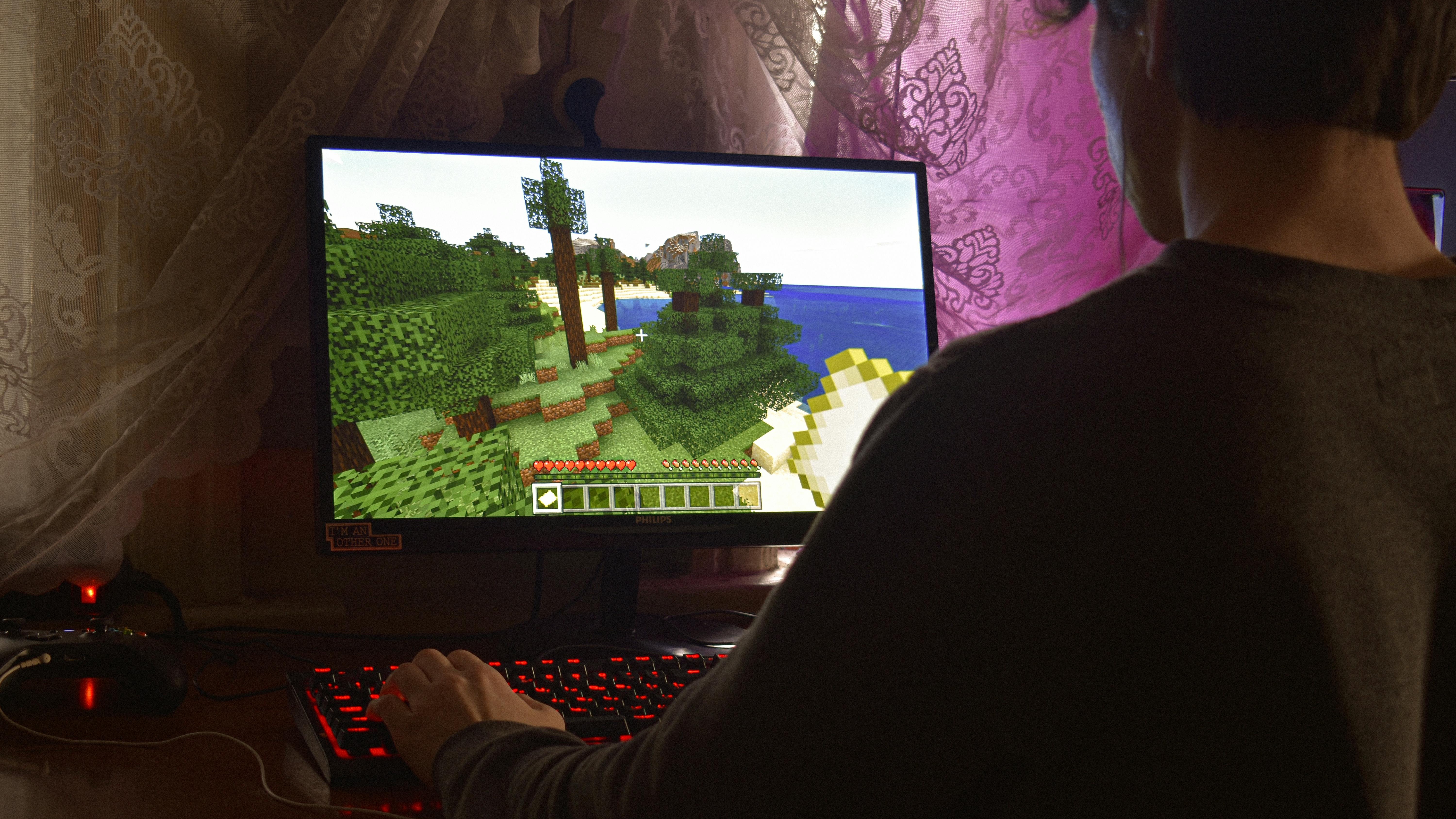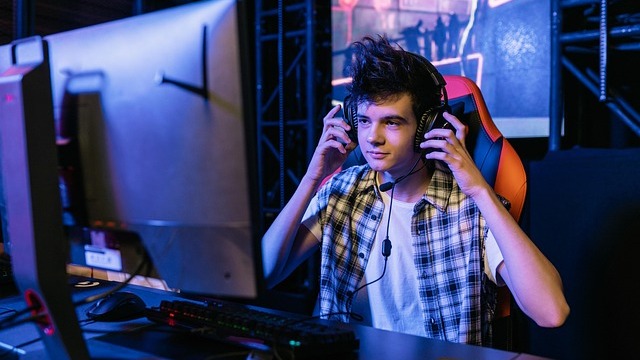
A Heartfelt Composition: The Story Behind Metroid's Ending Theme
Crafting memorable video game music is no small feat, but the legendary Hirokazu Tanaka took it to a deeply personal level when he composed the iconic ending theme of Metroid. Initially released on the Famicom Disk System in 1986, Metroid isn’t just a standout for its gameplay but also for its soundtrack.
Inspiring Moments in Game Development
Tanaka’s impetus for creating this memorable track stemmed from a desire to impress a debugger at Nintendo. As the team assembled to support the debugger during a crucial moment in the game development, Tanaka wanted to evoke strong emotions specifically for this individual. “I wanted him to feel deeply moved after completing the game,” Tanaka shared. This intent highlights how game development is often about fostering connections and creating memorable experiences, not just for the players, but also for the team involved.
Creating an Atmosphere
The team didn’t only gather physically; they curated an extraordinary atmosphere. “For the sake of one debugger, we kept switching to a bigger monitor and making the sounds louder and louder,” Tanaka recounted. The communal effort was aimed at amplifying a shared experience through music—a true testament to the power of collaboration in the world of gaming. It speaks volumes about the lengths creative teams will go to ensure every moment within the game resonates with its players, and even its creators.
The Legacy of Metroid
Fast forward to today, and the legacy of Metroid continues to thrive, as fans reflect on its groundbreaking contributions. With its approaching 40th anniversary, many are returning to the nostalgic title via platforms like Nintendo Switch Online. The influence of Metroid extends beyond gameplay; it set a precedent by featuring a female protagonist in a genre historically dominated by male characters, paving the way for future gaming narratives.
What This Means for Today's Gamers
For today’s gamers, embracing the nostalgia of iconic soundtracks and relatable game development stories offers an enriching perspective on gaming. Understanding the emotional roots and collaborative spirit behind these creations might inspire players to delve deeper into the stories each game tells—both in gameplay and behind-the-scenes. It’s about connecting with the human experience behind the screen.
As Tanaka contemplates returning to composition, fans eagerly await new sounds that evoke similar emotions in upcoming games. The legacy of Metroid serves as a reminder: every note in a soundtrack can create connections and evoke nostalgia far beyond the screen, making every gaming experience a shared story.
 Add Row
Add Row  Add
Add 




Write A Comment